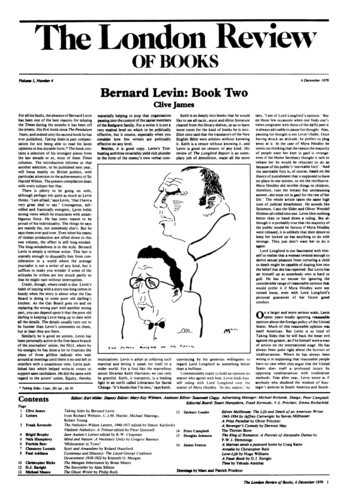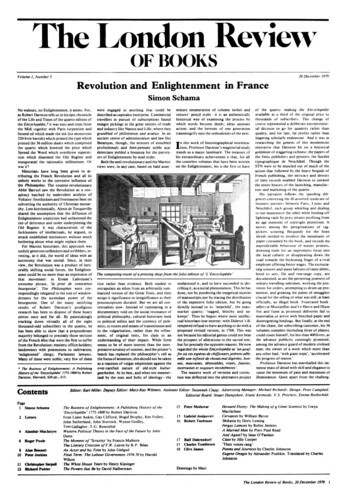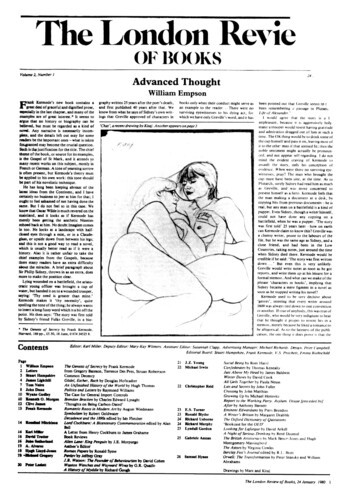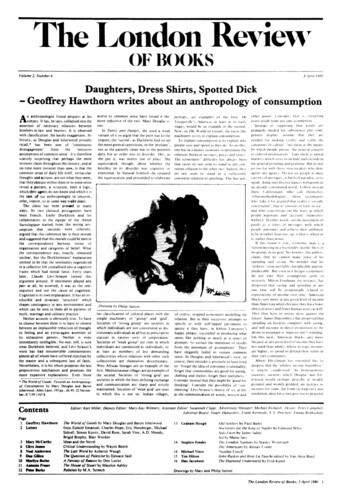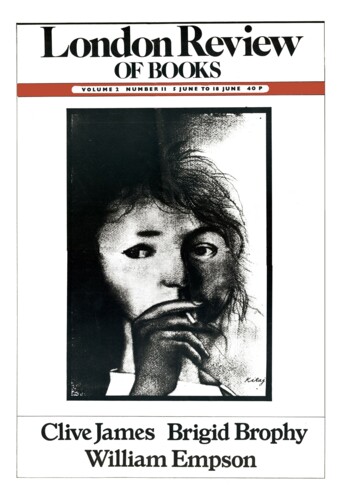Bernard Levin: Book Two
Clive James, 6 December 1979
For all his faults, the absence of Bernard Levin has been one of the best reasons for missing the Times during the months it has been off the streets. His first book since The Pendulum Years, and indeed only the second book he has ever published, Taking Sides is part compensation for not being able to read his latest opinions in less durable form. The book contains a selection of his strongest pieces from the last decade or so, most of them Times columns. The introduction informs us that another selection, to be published next year, will focus mainly on British politics, with particular attention to the achievements of Sir Harold Wilson. The present compilation deals with every subject but that.
